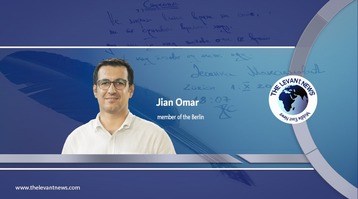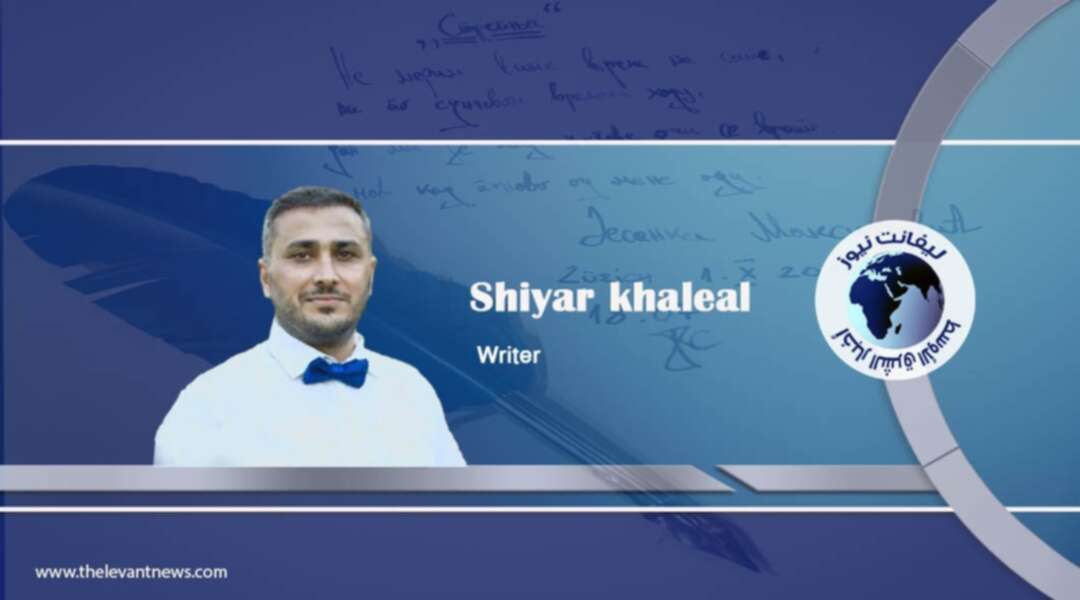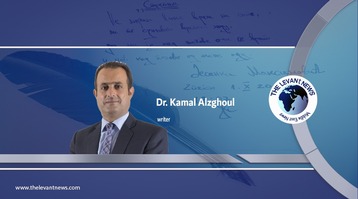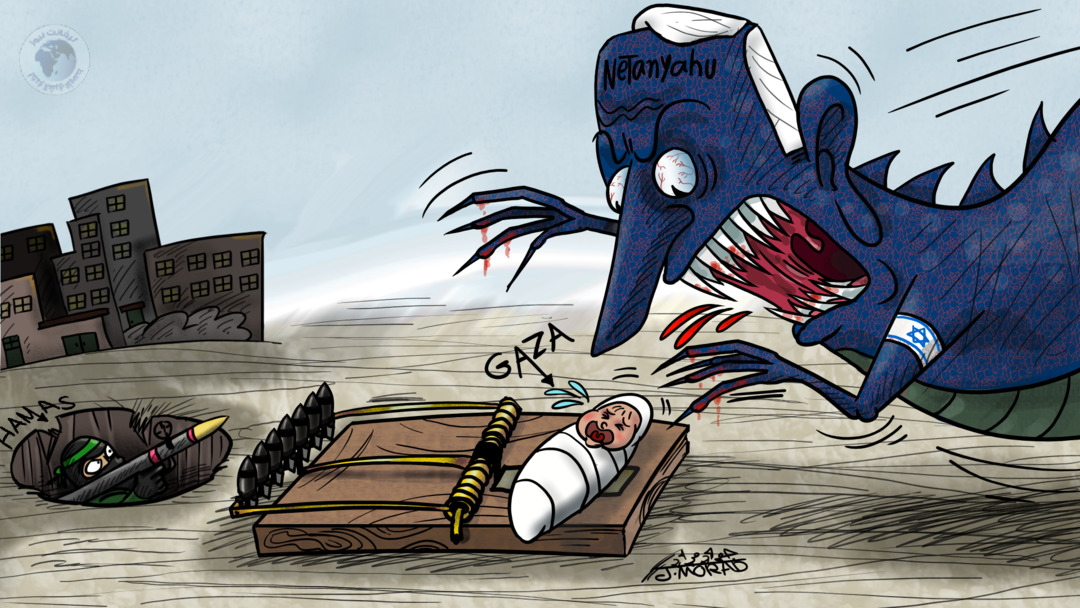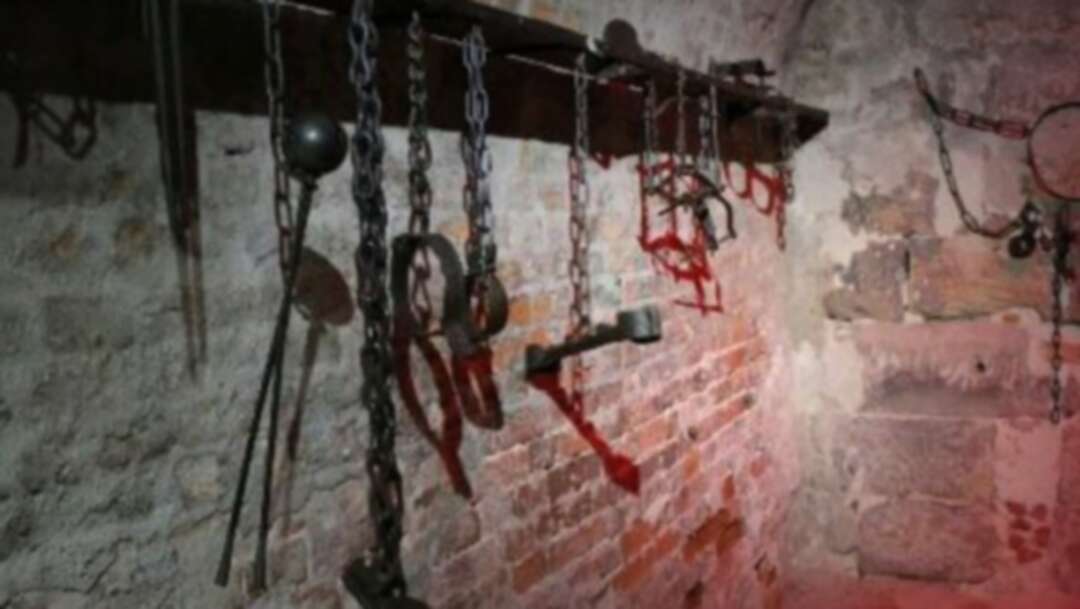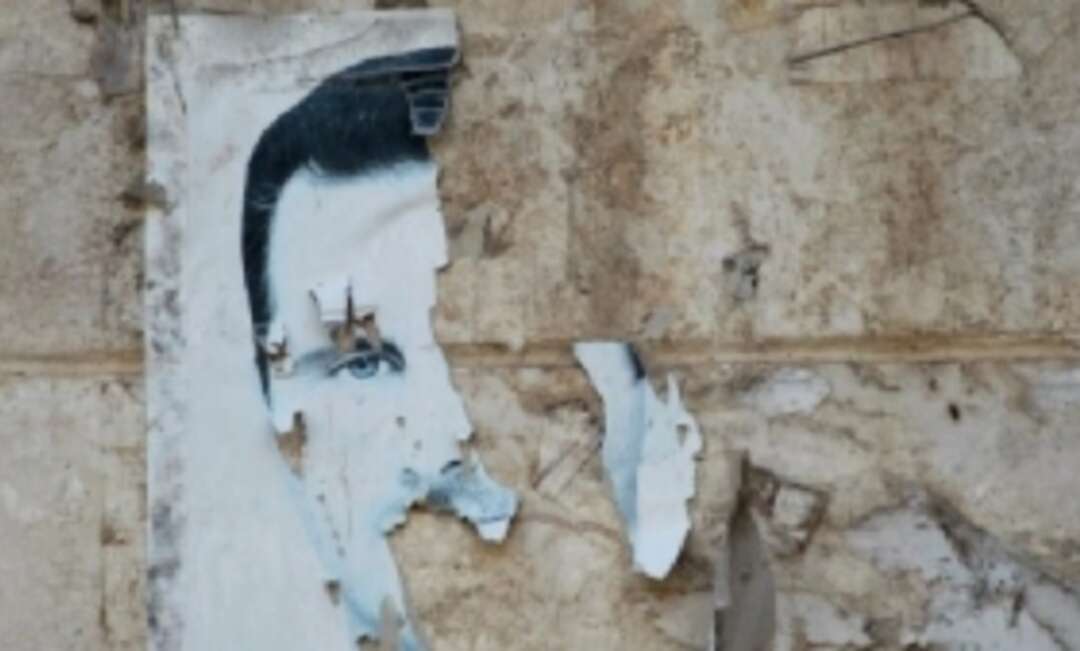-
Britain’s move adds to pressure on Hizbullah
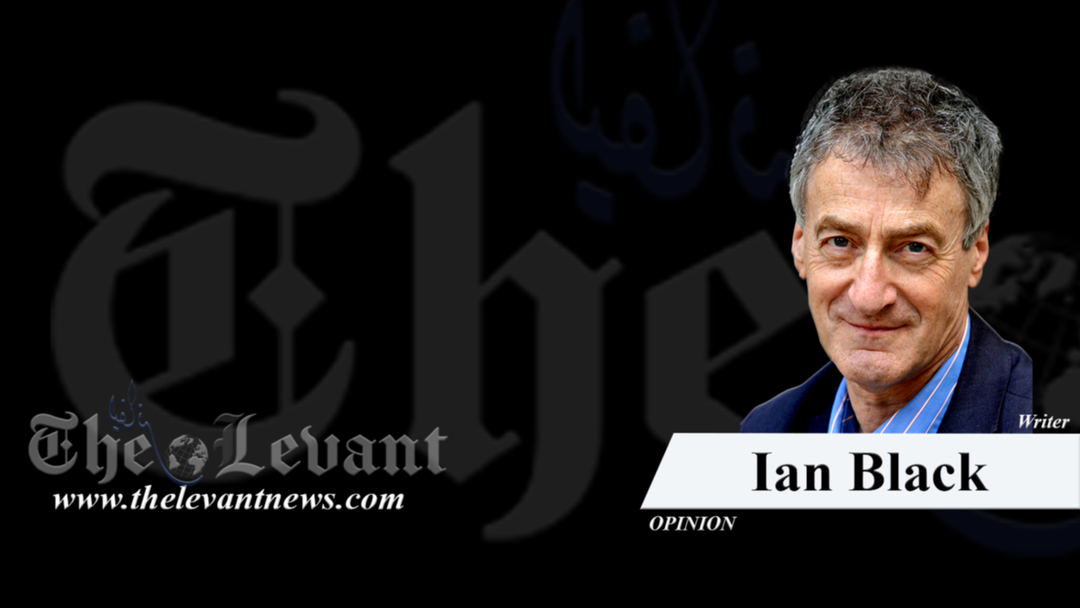
The original UK decision was announced in March 2019 by Sajid Javid, the Home Secretary (Minister of the interior). It ended the long-standing distinction that had been maintained between Hizbullah’s political and military wings, and listed both as a terrorist organization.
Last week, however, the Treasury (Britain’s ministry of finance) declared that it was freezing the group's assets in the UK and making it illegal to provide any services for it. The change requires any individual or institution in Britain with accounts or financial services connected to Hizbullah to suspend them or face prosecution. The announcement followed the Treasury’s annual review of its asset-freezing register, and brought it into line with the 2019 decision.
This is the latest chapter in a long-running story. Hizbullah has been viewed with suspicion since it was founded in 1982 to fight Israel in the wake of that year’s invasion. In the 1990s it was allegedly responsible for attacks on Israeli and Jewish targets in Argentina. The US designated Hizbullah in its entirety as a terrorist organization in 1997. The UK proscribed its external security unit in 2001 and its military wing in 2008 after Hizbullah was involved in operations targeting British forces in Iraq.
In 2005 it was implicated in the assassination of Lebanon’s prime minister Rafiq al-Hariri. The following year it provoked the second Lebanon war with Israel with a cross-border raid. As a close ally of Iran, it attracted the hostility of Saudi Arabia and Gulf allies. In 2013 the European Union put Hizbullah’s armed wing on its terrorism blacklist due to the organisation’s role in blowing up an Israeli tour bus in Bulgaria. But unlike the US all European countries, had until last year, maintained a distinction between the group’s military and political wings.
The dangers of over-interpreting the latest British move are considerable given the current escalation in the Middle East: the US assassination of the Iranian Revolutionary Guards Quds Force commander Qassem Suleimani; Iranian retaliation against US bases in Iraq; the shooting down of an Ukrainian passenger plane with 176 people on board; Tehran’s threats of revenge, and mounting uncertainty about the future of the 2015 nuclear agreement are all elements – as are the continuing domestic political turmoil in Iran, Iraq and Lebanon.
Hizbullah’s leader, Hassan Nasrallah, echoed Tehran in calling America “the Great Satan.” The last known images of Suleimani before he was killed show him hugging and praying with Nasrallah in Beirut. “The American leadership said in the days after Suleimani's death that the world was a safer place,” Nasrallah said. “They will discover in blood that they were wrong. The Americans should get their army out of our region—and the alternative to them leaving vertically is leaving horizontally
In a rare interview last October, Suleimani reminisced about overseeing Hizbullah units alongside Nasrallah during the 2006 war, and revealed that he had spent all 34 days of the fighting in Lebanon. Suleimani’s role in that conflict, during which much of the Dahiya – Beirut’s southern suburb - was flattened by Israeli airstrikes, was seen as vital in holding off an even more serious Israeli incursion. Giant images of the Iranian general’s face are now plastered all over the area.
The British Treasury’s decision was welcomed by the Trump administration’s special envoy on Iran, Britain Hook, who commented that Washington “had long been seeking such a move from European allies. “We would like to congratulate the United Kingdom,” he said. “There is no distinction between Hizbullah's political arm and its military arm.” France and Germany, however, have not followed Britain’s example. “No other power has the right to decide what Lebanese political parties are good and which are not,” President Emmanuel Macron said last year. “This is up to the Lebanese people.”
Last year Britain’s opposition Labour Party objected to the ban, insisting that it had been issued under US pressure. Its leader, Jeremy Corbyn, once referred to Hizbullah and the Palestinian movement Hamas as his “friends.” Hizbullah itself described Britain’s move as showing “servile obedience” to the US.
Arguments against the blanket British ban included objections that it would inevitably mean an end to British contacts with Hizbullah members of the Lebanese parliament. A broader one was on the more principled grounds of engagement with militant groups as a way of understanding their mindset and demands. Peace in Northern Ireland, it is often said, would not have been achieved in 1997 unless the government of the Labour prime minister Tony Blair had been prepared to talk to the Irish Republican Army (IRA) - an organisation it had long defined as terrorist. Even Ireland, however, is not as complicated and beset by regional rivalries as the Middle East.
You May Also Like
Popular Posts
Caricature
opinion
Report
ads
Newsletter
Subscribe to our mailing list to get the new updates!

